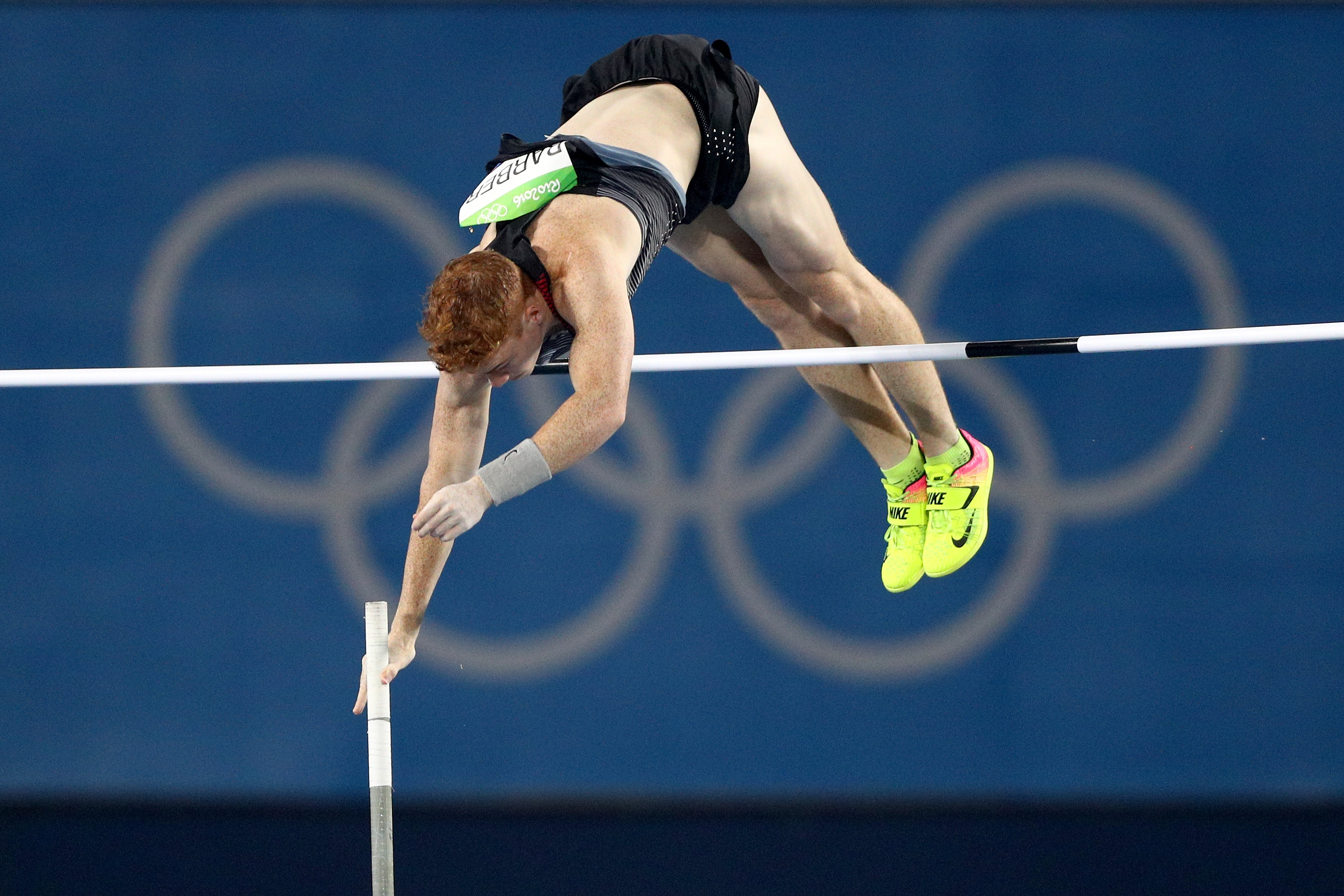Canadian and former University of Akron pole vaulter Shawn Barber was allowed to compete at the Rio Olympics despite a positive test for cocaine, something Canadian arbitrators concluded he ingested inadvertently.
How does one accidentally use cocaine? According to a ruling released by the Sport Dispute Resolution Centre of Canada on Thursday, it all started with a Craigslist ad in the “casual encounters” section.
Barber, the 2015 world champion, rejected a couple people who responded to his post and eventually made plans to meet a woman in an Edmonton hotel room on July 8 as the Canadian Championships were underway. The woman, described using the pseudonym “W” and the first name “Pamela,” said she went into the hotel bathroom and snorted cocaine minutes before Barber entered her room. She also had used the drug hours earlier.
The two had a sexual encounter that lasted about 30 minutes and they “kissed on and off during that time.” Barber, 22, said no money was exchanged. According to the decision, Barber never witnessed or suspected the woman had used cocaine and he expressly wrote in the Craigslist post he wanted a partner who was “drug-free and disease-free.”
“The panel concludes that it was impossible for the player to know, still exercising the utmost caution, that when indeed kissing Pamela, she might inadvertently administer cocaine to him,” arbitrator Ross C. Dumoulin wrote in the opinion. “As the player did not know Pamela’s cocaine history and did not see her, during the entire evening, taking cocaine or appearing to be under its influence, how could he imagine that she had been consuming cocaine?
“And even more, how could he have been in a position to know that, even assuming that he knew that she had been consuming cocaine, that it was medically possible to be contaminated with cocaine by kissing someone who had ingested cocaine beforehand?”
The Sport Dispute Resolution Centre of Canada ruled on Aug. 11 that Barber would not face a ban for testing positive. He was allowed to keep his Canadian vaulting title and compete in Rio, where he finished 10th overall.
"I am happy to have this behind me so that I can move on with my career with a free conscience," Barber said in a statement. "At no time during my actions, did I even fathom the possibility of being able to be contaminated with cocaine. This is a learning experience that I hope other athletes can learn from as I have."
This isn’t the first time the this sort of defense has worked. French tennis player Richard Gasquet was able to escape a one-year ban in 2009 after an International Tennis Federation's panel ruled that he unknowingly ingested cocaine after kissing a woman.


